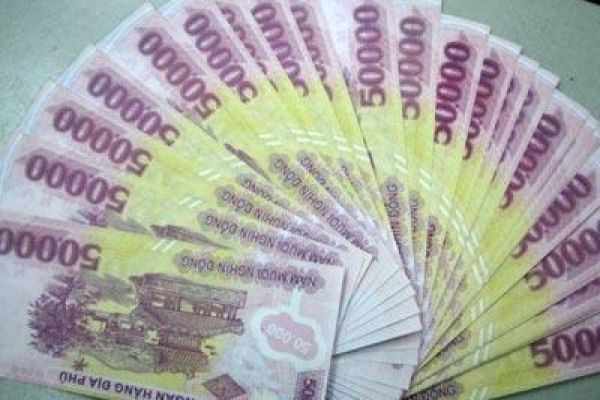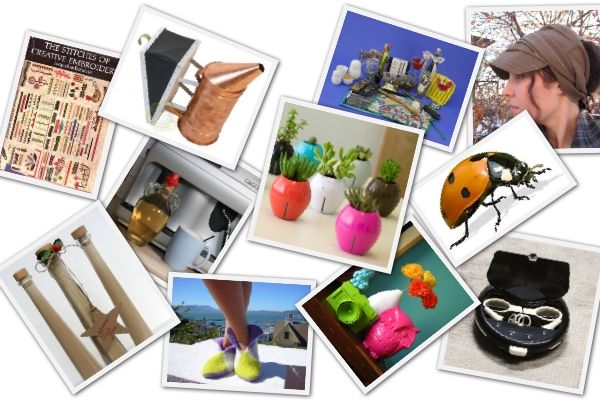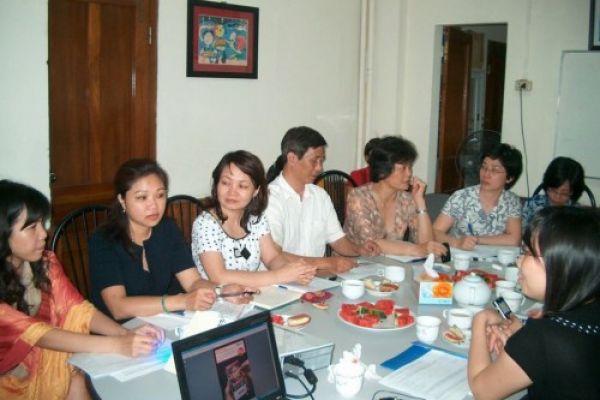However in order to avoid cultural disasters which could make the wrong move in doing business with Vietnam, here are some tips on how you can conduct a more successful business in Vietnam.
The initial approach
Vietnamese business contacts are mostly referrals; essentially a business relationship is struck based on another business associate recommendation. The best prices and deals often comes from a strong recommendation.
However, it is common today for cold calls and direct contacts, given the availability of the internet and the competitive nature of Vietnamese businesses. You may source from the internet, trade fairs, catalogues and brochures, advertisements and approach the Vietnamese companies directly through a call or email.
Alternatively, if you are seeking to invest in a factory in Vietnam, you can approach Vietnam Chamber of commerce and industry (VCCI) or a business advisory directly. They will be able to advise you on your best location based on your industry, raw material and manpower needs.
Business Relationship in Vietnam
Vietnamese business relationship inevitably becomes a social relationship after a while. Unlike Western business relationship which remains professional and perhaps, aloof, even after a long time, Vietnamese business relationship becomes a social one.
The more you share your personal life, including family, hobbies, political views, aspirations, the closer you are in your business relationship. Sometimes, a lot of time is spent discussing matters outside of business, but then a lot of time, the other party is also making up his mind about your deal based on how much he sees your personal relationship with him.
Seniority is important in Vietnam
Seniority is very important to the Vietnam especially if you are dealing with a State owned or government body. Instead of addressing the other party as Mr or Mrs so and so, it is always appropriate to address the other party by his designation for example Chairman Triet, Director Dung or Manager So and So.
When giving out business card or brochures, make sure you start with the most senior person before moving down the line. When giving out a business card or receiving one, ensure that you are stretching out with both hands with the card. Remember to face the card you are giving out in a manner such that the receiving party gets it facing him correctly.
Giving Face
Giving face is a very important concept in Vietnam. You must give the appropriate respect according to rank and seniority. For example, if you are buying gifts for an initial contact, make sure you buy better gifts for the senior managers instead of buying similar gifts across the board.
Similarly, sitting positions in a meeting room or a dining table is accorded accordingly to rank, importance and seniority. It is good to seek advice before embarking on your first meeting with Vietnamese business contacts to avoid making the wrong move.
Business Entertainment
Most business luncheons and dinners are held in hotels, restaurants, or government facilities. Usually your host will arrange for a dinner during the early part of your visit. You are expected to reciprocate by arranging for a return dinner, possibly in your hotel or at a well-known restaurant. If no formal dinner is indicated on your itinerary, you should still try to invite your hosts to dinner to show your thanks and appreciation for their arrangements. Business is not usually discussed at dinners, although it may be at luncheons.
Dinner in Vietnam usually consists of several courses, similar to a Chinese banquet. Several dishes will be put on the table and you will be expected to take some from each. Chopsticks are used in Vietnam, but most modern restaurants also have Western eating utensils.
Vietnamese beer or imported wines and liquor are usually served with the meal. It is appropriate for you and your host to exchange toasts, with the host usually going first. Individual toasts can also be expected during the meal. When toasting your host (or when acting as host yourself), stand and raise your glass with both hands in the direction of the senior or oldest Vietnamese present. A flowery but short speech about Vietnam's beautiful scenery, the friendship of your hosts, and prospects for a successful business venture are appropriate. Subsequent toasts may be made and answered from your seat. The end of the meal is usually signaled by a plate of fruit or other sweet dish. After waiting a respectful period after the last course is consumed, the guest is expected to make the first move to leave. Be sure to shake hands with all Vietnamese participants and conclude by thanking your host profusely.





